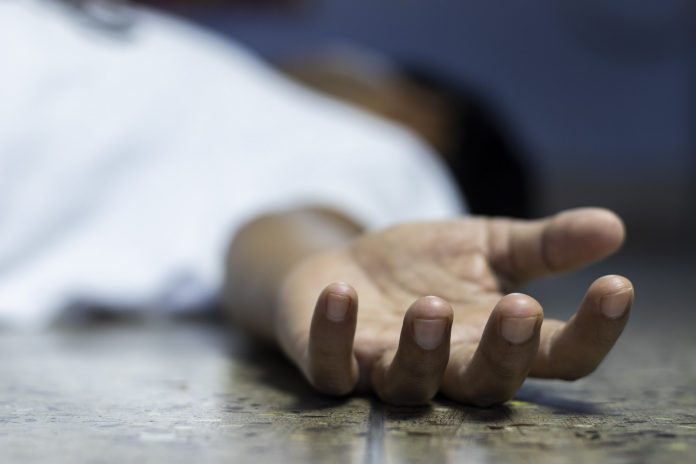12-Year-Old Adivasi Boy Dies After Alleged Attack by Lynch Mob for ‘Stealing’ Food

The boy, who belonged to the Lodha Sabhar community, was brutally attacked after a local Trinamool Congress leader allegedly instigated the mob to teach the boy a ‘lesson’.
29/SEP/2023
Kolkata: A 12-year-old Adivasi boy died after he was attacked allegedly by a lynch mob in West Medinipur district, West Bengal, sending shockwaves across the state. Subha Nayek, a member of the Lodha Shabar community and a resident of Borochara village in Sabang, was tied to a tree and subjected to torture, allegedly for stealing food as he was starving.
The incident happened on Wednesday, September 27, when the owner of a local food stall briefly left his post. Upon returning, he discovered missing food items and raised an alarm, accusing someone of theft. Nearby residents also mentioned that an aluminum pot used for feeding cattle had also gone missing, casting suspicion on Subha Nayek, who was sitting near his hut across from the shop. A group of people barged into Nayek’s house and rummaged through to confirm that he hadn’t stolen anything. They let him off.
However, the situation changed once a local Trinamool Congress leader, Manoranjan Mal, descended on the scene. He allegedly incited the agitated locals to take matters into their own hands and teach the suspect a lesson. Subha was taken into a room where he was physically tortured and his head tonsured.
An eyewitness, who preferred to remain anonymous, shared, “Even the leader (Manoranjan Mal) was kicking him like a football. He was hungry, repeatedly asking for water. They were saying Lodhas are thieves. They must be taught a lesson.”
The Lodha Shabar community is categorised among one of the 75 ‘particularly vulnerable tribal groups’ by the Union government and is assigned a Scheduled Tribe status. The particular tribe is looked at with suspicion and disparagingly branded as a ‘criminal tribe’. Like in this instant case, in the event of theft or crime, the needle of suspicion falls on the community members due to the decades-old stigma.
Subha’s lifeless body was discovered in front of his hut the following morning, bearing marks of injuries all over his body. Initially, local politicians attempted to pass it off as a case of suicide, stating that the boy had consumed poison.
“We have no land to cultivate, no food to eat, why would we keep poison? Why can’t the leaders just kill us? We are Shabar Dalits, that is why the babus (leaders) frame and kill us like this,” lamented Subha’s mother Balika Nayek.
The police have so far arrested seven individuals, including Mal, who was accused of instigating and participating in the lynching.
“The Lodha Shabar community, to which Shubh Nayek belonged, did not vote for the Trinamool Congress in the last panchayat elections, which might have led to resentment. They have taken revenge now. Minister Dr. Manas Ranjan Bhunia has been sheltering the culprits. We want an impartial investigation and capital punishment for the culprits,” demanded Geeta Hansda, a leader of the Adivasi Adhikar Manch.
Dr. Manas Ranjan Bhunia, responding to the allegations, stated, “I took the initiative to get the accused arrested. After beating the boy to death, he returned home and drank poison, which is why he had acid coming out of his mouth. Local panchayat members are also involved in this matter. I have instructed the police to take strict action, and there will be no politics involved.”
“From Delhi to Sabang, sectarian and communal politics along with hatred for the poor is increasing day by day. This is a repercussion of brutal arrogance of power and ruthless majoritarianism,” said Md Salim, secretary of CPI(M) West Bengal unit.
This incident has once again highlighted the vulnerability of the Lodha Shabar community in the state, historically stigmatised and marginalised. The Lodhas primarily rely on gathering wild roots, tubers, and edible leaves, and hunting for sustenance. They are considered an economically disadvantaged tribe concentrated in the Paschim Medinipur and Jhargram districts of West Bengal.
In 1992, Chuni Kotal, the first woman graduate from the Lodha Shabar community died by suicide, following years of harassment and mistreatment by officials. Renowned writer-activist Mahasweta Devi brought her story to light in her book Byadhkhanda in 1994, delving into the lives and challenges faced by the community.




